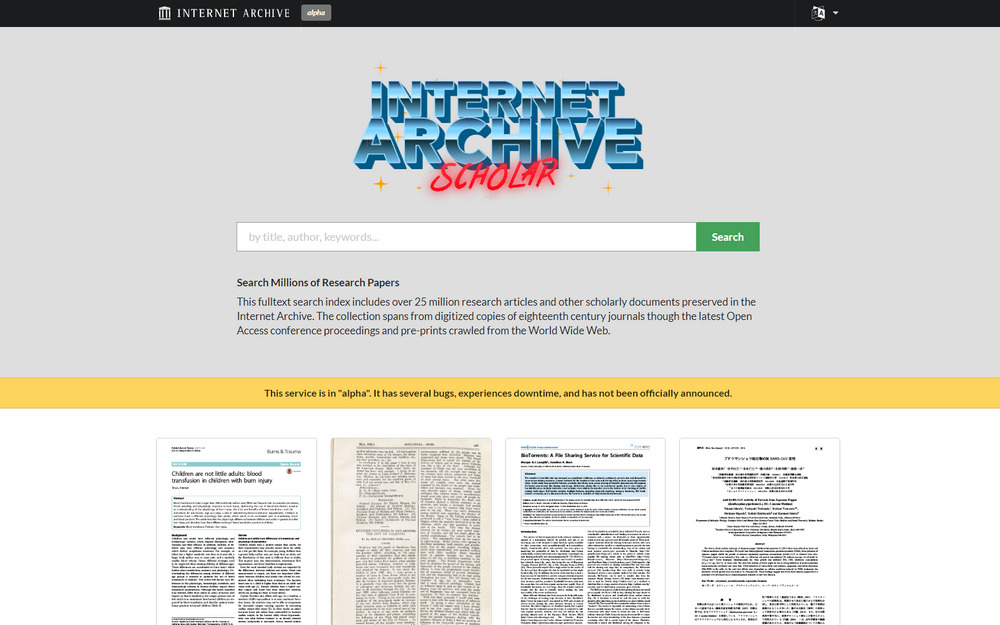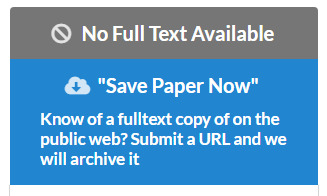Update: DocFetcher Pro now available and stable at 31st May 2021, with embedded Java, for $40 via Gumroad.
The freeware desktop file-indexer and keyword searcher DocFetcher has been sporked by the Java runtime update, specifically failing to launch due to an error with the JIntellitype64.dll file. The code archive for this file suggests similar problems for others in the past. And the comments at SourceForge suggest other are finding the latest Java (mid July 2020) repeatedly crashes DocFetcher. Apparently it’s also causing problems for several other bits of software.
The fallback is not the official portable version of DocFetcher, sadly, which has the same problem. Nor is falling back to an earlier version of DocFetcher. Nor is the solution to download and install the latest 64-bit Java for Windows again. It appears that the old 32-bit software just doesn’t play nicely with the latest mid-July Java. This is confirmed by a comment buried on SourceForge from the developer…
“A proper bugfix for DocFetcher won’t be available until 2021, so for now downgrading to Java 8u251 is the only workaround”.
But by that time the software will be “DocFetcher Pro” and $50 paid for a perpetual licence. Ah well. Still, that’s good value compared to dtSearch, and is not a subscription like Copernic Desktop. But… $50. So, an alternative freeware option will soon be needed. I took a look…
1) There is Recoll on Windows, which looks like it’s halfway there, but it costs 5 Euros. That’s not viable if you were wanting to distribute a bit of full-text search freeware with the archive of a large defunct technical forum. Still, by 2021 it might have developed further. (Update: the maker has commented, noting it’s GPL and copies may be freely redistributed).
2) The developer of the freeware AnyTXT Searcher has been knocking the rough edges off it and expanding file types, over the last year. But, while it bills itself a “Google Desktop Search Alternative” is still appears not to have any sort of acceptable in-file preview on its search results. The other problem is that its start-up time is extremely slow. Several minutes, rather than seconds. You expect that of behemoths like Photoshop, but not of a little Windows utility. Plus it appears to be “all or nothing”, and there’s no ability to index just a few folders. Uninstalled.
3) Another possible choice is Exselo, said to be very powerful and yet also free desktop search. But… like DocFetcher it’s Java based. Plus, it’s Registerware and “Invites are sent to friends” (register via Facebook?). It’s a system-hog, and it stops working after 14 days if you don’t accept automatic updates. The developers were obviously hoping to sell it on, and lacking a buyer are now pitching it as a trendy “secure chat environment”? Blugh.
4) The old standby Copernic Desktop has become slightly better. The ‘last good’ wholly free version was 2.30 build 30 (no Deskbar feature on Windows 64-bit, PDF manual here). The current 2020 free version still has no .PDF or Word support, but the 10,000 file limit has now been raised to 25,000. It also has a new $15 “knowledge worker” edition, but that just turns out to be a “per-year subscription”. It’s now Registerware, even to just download the Trial. Also requires big .NET Framework downloads, which the 2.3 doesn’t. Thus it’s not feasible as freeware to distribute along with a large forum archive.
5) The old 2010 Multifind would be a good choice, if only it built an initial index and was thus fast. For some, the lack of a requirement to build an index may be a feature not a drawback. Despite its slowness due to a lack of an index, it can find and display text inside files. And it’s genuine old-school Windows freeware and has a tiny footprint. If you wanted to make something to fill the freeware gap that’s looming with the loss of DocFetcher, you might do worse than buy the rights to this and start developing it again.
So it’s back to DocFetcher. One can’t go back beyond DocFetcher 1.1.20, as that was when it started indexing HTML with no body element (e.g. RSS-feed forum-threads archived in XML and re-named .HTML), and anyway that doesn’t fix the problem. So it looks like the only real solution to get DocFetcher working is the downgrade to Java SE Runtime Environment 8u251 (jre-8u251-windows-x64.exe), which is a security risk unlikely to be welcomed by those who just want a free search tool for use with their forum archives. Perhaps what’s needed is to make a truly portable DocFetcher, which never has to call on the Windows system’s Java runtime?





